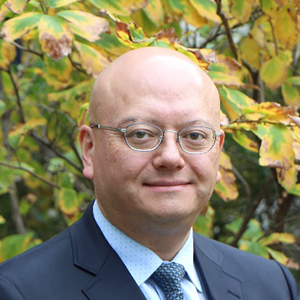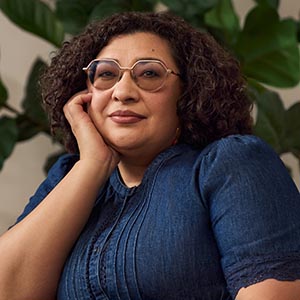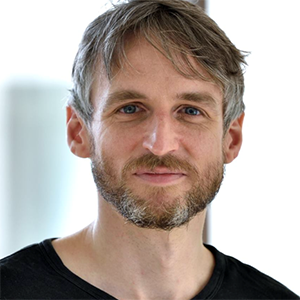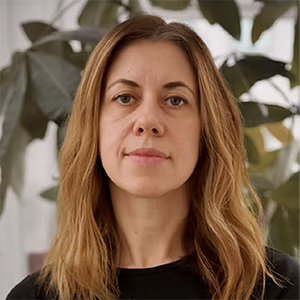Speakers
Keynote Speaker

Takao K. Hensch
Professor, Molecular Cellular Biology, Harvard University Professor, Neurology (Boston Children’s Hospital), Harvard Medical School Director, International Research Center for Neurointelligence (UTIAS)
Bio
Takao K. Hensch is joint Professor of Molecular Cellular Biology at Harvard’s Center for Brain Science and Professor of Neurology, Harvard Medical School at Boston Children’s Hospital. He is a graduate of Harvard, the University of Tokyo, UCSF and a former Fulbright Fellow at the Max-Planck Institute (Frankfurt). After his PhD, Hensch helped to launch the RIKEN Brain Science Institute (Japan) as Lab Head for Neuronal Circuit Development and Group Director of Critical Period Mechanisms Research, before returning to Harvard in 2006. There he directed the NIMH Silvio Conte Center for Mental Health Research and is a prominent leader and advisor to important global research networks, such as the International Research Center for Neurointelligence (Japan), CIFAR Child Brain Development network (Canada), NCCR Synapsy (Switzerland), OECD-CERI (France) and National Scientific Council on the Developing Child (USA). Professor Hensch has received several honors, including the Japanese Imperial Order of the Rising Sun, Gold Rays with Neck Ribbon (2024), the MD Sackler Prize for Developmental Psychobiology (2016), NIH Director’s Pioneer Award (2007), and Young Investigator Awards from the Society for Neuroscience both in the US (2005) and Japan (2001 Tsukahara Prize). He has served on numerous editorial boards, including Neuron, J Neurosci (reviewing editor) and Frontiers in Neural Circuits (chief editor). His lab explores how brain functions are shaped by early life experience, identifying pivotal roles for specific inhibitory circuit ‘triggers’ and molecular ‘brakes’ which can be lifted to enable adult plasticity. Such insights shed translational light on the etiology, novel biomarkers and potential reversibility of derailed neuro-developmental trajectories in cognitive disorders, early adversity, recovery from brain injury in adulthood, and life-long learning more broadly.
Invited Speakers

Koraly Pérez-Edgar
The Pennsylvania State University
Dr. Koraly Pérez-Edgar is the McCourtney Professor of Child Studies and a Professor of Psychology at The Pennsylvania State University. Her research focuses on temperament, socioemotional development, and the early emergence of anxiety. Dr. Pérez-Edgar work examines how individual differences in attention, emotion, and self-regulation shape developmental pathways across childhood and adolescence, using multi-method approaches that integrate behavioral, psychophysiological, and contextual measures. She is an APS fellow and a recipient of the APA Division 7 mentor award. Dr. Pérez-Edgar is currently the Editor-in-Chief of Developmental Psychology.

Jonathan O’Muircheartaigh
King’s Collage London
Dr O’Muircheartaigh is a Professor of Developmental Neuroscience and Imaging at the Department of Forensic and Neurodevelopmental Sciences at Denmark Hill and the Centre for the Developing Brain at St Thomas’, joining KCL way back in 2005.
Early life adversity, environmental and neurological, can have long lasting consequences for the brain, altering what is considered to be “typical” neurodevelopment. Dr O’Muircheartaigh’s research focus on how the human brain develops in vivo from fetal life in utero to late adolescence, focusing on the effect of preterm birth, childhood epilepsy and clinical exposures on the trajectory of brain development.
His lab is highly multi-disciplinary and the team includes neuroscientists, physicists, psychologists, computer scientists and paediatricians. He collaborates directly with clinical teams within King’s Health Partners as well as across the MRC Centre for Neurodevelopmental Disorders, aiming to translate findings forward to practical clinical use and back for mechanistic pre-clinical validation.

Victoria Southgate
University of Copenhagen
Victoria Southgate is a Professor of Developmental Cognitive Neuroscience at the University of Copenhagen with a research focus on social cognitive development in infancy. Her research explores how infants develop an understanding of self and other, and the developmental interplay between them. She received her PhD from the University of St Andrews, Scotland, and was a postdoc and then a Wellcome Trust Career Development Fellow at the Centre for Brain and Cognitive Development at Birkeck, University of London. She established the Centre for Early Childhood Cognition at the University of Copenhagen in 2018 with an ERC Consolidator Grant and currently leads an ERC Advanced Grant exploring the emergence of a self-awareness in early development.



